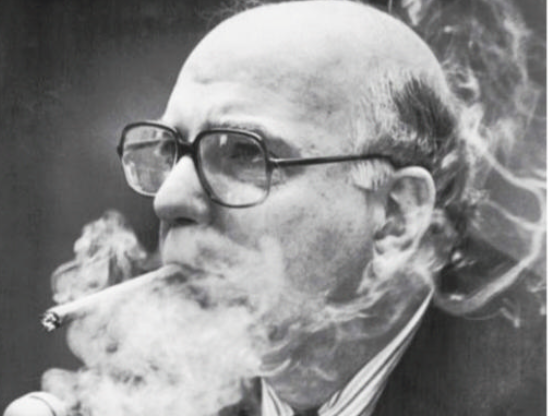He was struck by Friedrich Hayek's observation that the only way inflation cured unemployment was by disguising cuts in real wages. This linked inflation and deception indelibly in his head. Price instability destroyed trust, not only in the dollar but in government; and trust that officials would work for the common good, as his father had selflessly worked in Teaneck, was basic to the social contract. These feelings, more than any strong commitment to monetarism, convinced him that gentle rate-raising would not be enough.

Though he had doubts, and wore out his office carpet with anxious pacing, he kept at it: not just because expectations would leap back up if he relented, but because persistence was a virtue in itself. And he stayed on guard, so much so that during Ronald Reagan's 1984 campaign he was ordered by Reagan himself not to dare raise interest rates before the election, even though, by then, he was not intending to. Reagan's men thought he wanted to hold the economy back, and tried to dislodge him. He opposed the president's tax cut in 1981 unless it was matched by cuts in spending, but this was not political; deficits led to inflation. Besides, to a man who believed in frugality and discipline, they were also offensive.
译文由可可原创,仅供学习交流使用,未经许可请勿转载。












